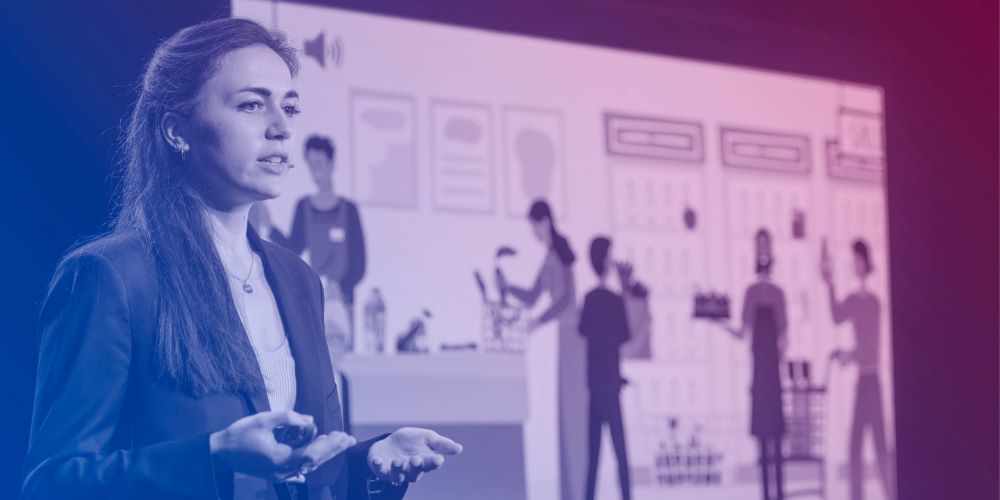diss:kurs – Doctoral Candidates and Postdocs of the University of Basel Present Their Research

diss:kurs is all about doctoral and postdoctoral research: Doctoral candidates and postdocs from various disciplines provide insight into their project in inspiring short presentations. The event is aimed at anyone who is interested in starting a PhD, already pursuing one, or simply curious about the research conducted at the University of Basel.
diss:kurs 2026
The next diss:kurs will take place on May 7, 2026, at 5:00 pm at Tabourettli (Spalenberg 12, 4051 Basel). The presentations are followed by an apéro riche. The seven presenters have 10 minutes each to share insights into their field of research. Afterwards, they have the opportunity to answer questions from the audience that arose during their talks. The details can be found in the invitation; further information about the program will follow. Please register by April 23 via the following link: registration diss:kurs 2026. Impressions and the presentations from past events are available in the archive below.

